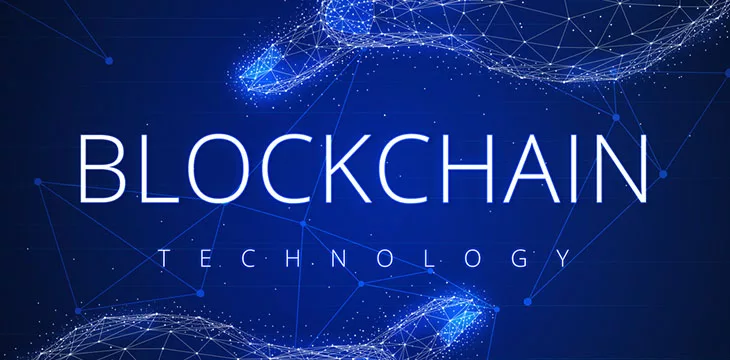|
Getting your Trinity Audio player ready...
|
Blockchain technology can bring as many benefits to governments as it does to businesses and the general public. If used properly, it can be deployed to improve services and streamline processes in a way that’s fairer, more transparent, and more accountable for all stakeholders.
The BSV Blockchain Association’s Global Public Policy Director Bryan Daugherty commented in a piece for the United Kingdom’s Evening Standard as a preview for the London Blockchain Conference, which starts next week. He highlighted using automated smart contracts in service provision and solidifying regulatory frameworks, processes that leave an auditable data trail that is difficult to manipulate.
These benefits can only be realized if a blockchain provides a single, universal stream of truth that earns trust from its users. Therefore the blockchain network must be secure and operate on base protocol rules that don’t change. It must also be able to scale to handle the sheer volumes of data it will process. Bitcoin SV (BSV), running on Bitcoin’s original protocol rules, is the only existing blockchain that combines these conditions with a 14-year performance history. It has the ability to scale unboundedly, meeting the requirements of governments, businesses, finance, and everyday users.
Understand what blockchain is really for
Historically, there has been an excessive focus on speculative price trading on digital assets, which have little utility in the economy for the most part. The media reports on glitz and extravagances during sudden bull runs and losses when naive investors lose their life savings on equally-sudden price drops or age-old financial scams that have reappeared in blockchain’s less-regulated environment.
Both these situations have prompted governments, regulators, and central banks to regard blockchain with suspicion or potentially even a threat to national security. In fact, blockchain should be the exact opposite of that. Key to shifting this perception is a better understanding of what blockchain really is and how it operates. This would encourage more responsible development of applications that stabilize, rather than destabilize, large-scale data-based operations.
What are these applications? The Evening Standard article refers to elections first. Existing digital voting networks are controversial and do not enjoy the public’s full trust. Again, a lack of transparency, understanding, and enforcement of rules creates this mistrust. Blockchain’s tamper-resistant processes would leave an auditable trail of all votes and can be delivered in a way that verifies who has voted without revealing information about their identities. Voters can hold unique private keys that confirm their votes through blockchain transactions, guaranteeing their vote is legal and valid in a far more private and reliable way than paper-based postal voting.
Other applications are government procurement processes and tenders, records including property rights and land registries, environmental and financial regulations, agricultural management, and dispute settlement. An open blockchain operates on standards allowing external systems to interact with it, gathering data from billions of cheap IoT (Internet of Things) devices and giving a clear overview of what’s happening.
All transactions on a scalable blockchain like BSV are recorded and publicly visible, even if specific data contained within those transactions remains encrypted and confidential. Those records are permanent and cannot be changed, and any attempt to alter them will be noticed and recorded.
Even digital IDs and central bank digital currencies (CBDCs), concepts that are often bogeymen among privacy and liberty advocates and critics of current government operations, can be implemented with confidence if blockchain’s universal truth layer and confidentiality features gain broad trust.
Experiments are good, but we need more
Daugherty notes that countries like Estonia, Australia, the United Arab Emirates, Singapore, Georgia, and Sweden have pioneered their experiments in using blockchain technology. These have included everything from health services and legislative processes to property and financial transactions. Though these experiments have recognized efficiency gains, they have so far occurred on many different blockchains and some consensus networks that are not blockchains at all, meaning there’s no agreement among users or the public about how much they can be trusted.
The need to recognize a single, trustworthy, and capable blockchain is as important as understanding how blockchains operate, and a better understanding is key to gaining this trust. To realize blockchain’s full potential, governments must look beyond the shallow marketing hype blockchain advocates push about specific features and decide which has the best attributes to improve efficiency and security overall. This way, blockchain can serve government regulatory efforts rather than appearing to skirt around them by making them more efficient and accountable.
The London Blockchain Conference runs from May 31 to June 2, 2023, at the Queen Elizabeth II Centre. Tickets for the physical event or virtual attendance are available here.
Watch: Blockchain has power to liberate humanity

 08-08-2025
08-08-2025 





